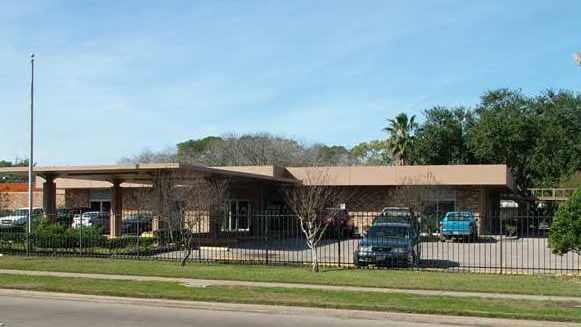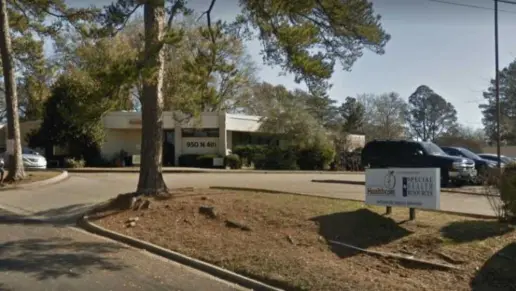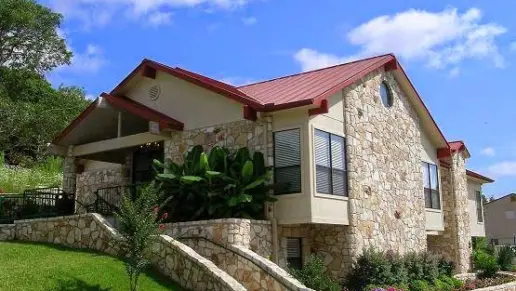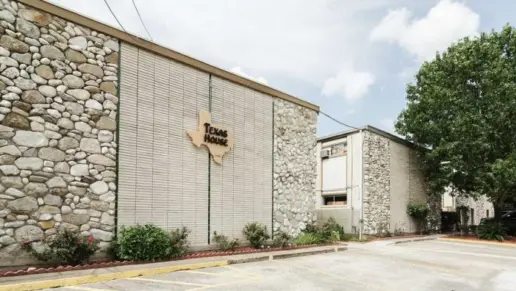About Cheyenne Center – Outpatient
Cheyenne Center’s outpatient program is located in Houston, Texas. This is a recovery center designed for adults with mild to moderate addiction to drugs/alcohol seeking flexible treatment options. Their programs are customized to fit your busy schedule so you won’t have to stop work or your daily routine to receive treatment. However, this is an intensive outpatient center so you should expect at least nine hours of group therapy sessions weekly in addition to individual counseling and family programming.
Their group therapy will help you address the underlying personal issues fueling your substance use and develop sound relapse mechanisms. You’ll learn essential skills like anger/mood management, effective communication and relationship building which will aid your recovery efforts.
They even have a dedicated relapse prevention group that teaches you how to spot early relapse warning signs so as to strengthen your coping strategies. Another important group called the community resource group links you to local support and healthcare professionals to help you get back on track.
The program connects you to local, community based 12 step meetings like AA or NA self help groups. You’ll also receive drug addiction education focused on the spiritual, behavioral and physiological effects of addiction. Their comprehensive outpatient services encompass HIV education/testing, tobacco awareness classes and domestic violence education.
The latter is provided by the Houston Area Women’s Center. The program lasts six to nine months and includes a personalized discharge plan that ensures you’ve solid ongoing support and resources after completing treatment. Comments from past clients reflect overall positive experiences and impressive quality of care.
Latest Reviews
Rehab Score
Gallery

Location
Other Forms of Payment
Medicaid is a state based program that helps lower-income individuals and families pay for healthcare. Medicaid covers addiction treatment so those enrolled can use their coverage to pay for rehab. When a program accepts Medicaid the client often pays very little or nothing out of their own pocket.
Self-pay involves paying for treatment out of your own pocket. You can use savings or credit, get a personal loan, or receive help from family and friends to fund your treatment. If you don't have insurance or your insurance plan doesn't cover a specific program, self-pay can help ensure you still get the care you need.
Financial aid can take many forms. Centers may have grants or scholarships available to clients who meet eligibility requirements. Programs that receive SAMHSA grants may have financial aid available for those who need treatment as well. Grants and scholarships can help you pai for treatment without having to repay.
Sliding scale payments are based on a client's income and family size. The goal is to make treatment affordable to everyone. By taking these factors into account, addiction recovery care providers help ensure that your treatment does not become a financial burden to you or your family, eliminating one barrier to care.
Medicare is a federal program that provides health insurance for those 65 and older. It also serves people under 65 with chronic and disabling health challenges. To use Medicare for addiction treatment you need to find a program that accepts Medicare and is in network with your plan. Out of pocket costs and preauthorization requirements vary, so always check with your provider.
Addiction Treatments
Levels of Care
Treatments
The goal of treatment for alcoholism is abstinence. Those with poor social support, poor motivation, or psychiatric disorders tend to relapse within a few years of treatment. For these people, success is measured by longer periods of abstinence, reduced use of alcohol, better health, and improved social functioning. Recovery and Maintenance are usually based on 12 step programs and AA meetings.
During rehab in Texas, you'll deal with underlying issues that contribute to addiction. By addressing these challenges and learning healthy ways to cope with them, you'll develop strategies that help you live a drug-free lifestyle.
Opioid rehabs specialize in supporting those recovering from opioid addiction. They treat those suffering from addiction to illegal opioids like heroin, as well as prescription drugs like oxycodone. These centers typically combine both physical as well as mental and emotional support to help stop addiction. Physical support often includes medical detox and subsequent medical support (including medication), and mental support includes in-depth therapy to address the underlying causes of addiction.
Substance rehabs focus on helping individuals recover from substance abuse, including alcohol and drug addiction (both illegal and prescription drugs). They often include the opportunity to engage in both individual as well as group therapy.
Programs


Clinical Services
Group therapy is any therapeutic work that happens in a group (not one-on-one). There are a number of different group therapy modalities, including support groups, experiential therapy, psycho-education, and more. Group therapy involves treatment as well as processing interaction between group members.
Contact Information
2620 E. Crosstimbers St
Houston, TX 77093


